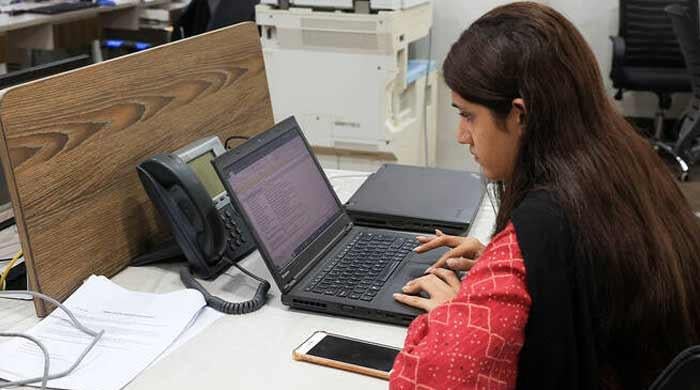What would your body be like on Mars?
After many machines, NASA and China now want to send astronauts to Mars as soon as possible
August 24, 2022

- Scientists worry astronauts will not be able to adjust to Martian gravity.
- Travelling months with microgravity can affect body seriously.
- Microgravity causes muscle and bone density loss and affects eyesight, organ function, and heart.
After many machines, NASA and China now want to send astronauts to Mars as soon as possible.
However, machines are less complex than human bodies. Sending humans to Mars posits countless challenges from technical to logistical in nature. An astronaut's health and safety, along with food and wastage system, have to be kept in mind.
Scientists also worry that astronauts will not be able to adjust to Martian gravity after travelling months with microgravity.
Researchers at the Australian National University (ANU) decided to analyse these fears and find out whether they have merit. They developed a model that can predict if astronauts can journey to the Red Planet safely.
The study, led by Dr Lex van Loon, a Research Fellow from the ANU College of Health and Medicine (CHM), said that along with multiple threats, the biggest issue was the time astronauts would be spending in microgravity.
The paper, published in the journal npj Microgravity, said that it could cause serious changes to their bodies.
Research by International Space Station shows that microgravity causes muscle and bone density loss. It also affects eyesight, organ function, and the heart.
The seven to eight months it takes to travel to Mars can affect astronauts' blood vessels and the strength of their hearts "due to the weightlessness experienced as a result of zero gravity space travel", van Loon said.
When we travel in space, our heart becomes "lazy" as there is no gravitational pull for the blood to circulate. Authors explained that astronauts would end up using the toilet very often, they would not feel thirsty and become dehydrated.
This is why, when astronauts come back to earth, they faint and have to be carried via wheelchairs. Adjusting back to earth's gravity is not easy for the body. In a case study, an astronaut who came back to earth experienced excruciating pain, swelling, and other symptoms.
Therefore, if an astronaut faints while stepping onto Mars for the first time, there will be no medical assistance. Making sure that an astronaut is fit to fly is crucial.
"They must be able to operate effectively and efficiently with minimal support during those crucial first few minutes," said van Loon.
The AI model they developed shows that astronauts can, in fact, manage to adapt and land on Mars.
The next step is to create a model that has the ability to stimulate the effects of space travel. This model can make things easier for commercial space flights in the future.











